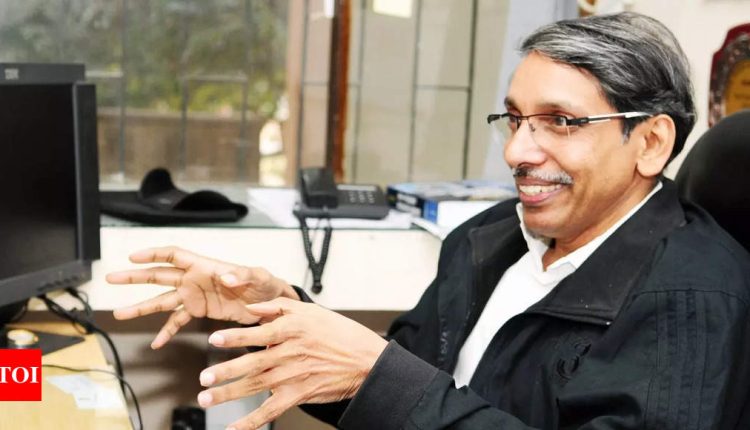Given the slew of amendments and new rules introduced this year, how is higher education going to change in 2023?
The Professor of Practice (PoP) initiative will improve the quality of education by providing effective practice-oriented instruction. There is no requirement for a PhD to join as a PoP, which will help bring in industry experts. UGC is pushing well-performing higher education institutes to offer online programmes. This will achieve the desired gross enrolment ratio and improve access. The recent amendment in the Graded Autonomy Regulations will give some universities more academic and administrative autonomy and enable them to start and run novel and cutting-edge programmes, develop innovative curricula, govern more locally, and set up optimal people and career management systems.
How has the PoP initiative been received?
Several universities have started taking the initiative to engage Professors of Practice. UGC will soon develop a portal where eligible professionals can register with their bio-data. Universities can access this database to choose and invite professionals.
Given the glitches in the first edition, how is UGC planning to make CUET-UG a better experience in 2023?
The CUET this year was a great learning experience. We will strengthen the processes to provide a better test-giving experience to all students. We will also make all possible efforts to conduct CUET 2023 in a time-bound manner so that universities can start the academic session in July 2023.
Many private universities continue to deny a refund of fees…
UGC had said there should be a full refund for students cancelling admissions or migrating. This was applicable till October 31, 2022 as a special case and was applicable to all state/ central/ deemed/ private universities and colleges. If institutes are found violating these guidelines, they are liable to face punitive action. UGC has already written to state governors and has created an e-Samadhan portal to receive queries and complaints on this issue. Around 20 requests have been received and we are aggressively pursuing this issue with institutes so that students do not suffer.
Is UGC thinking of asking universities to introduce non-technical/ non-professional degree courses in Indian languages? Or will UGC bring out these regulations on its own?
To ensure that no learner is left behind, UGC is integrating its e-content and open courses in eight regional languages in an initiative with the ministry of electronics and information technology. The translated courses will address language barriers, promote Indian languages and provide learners the flexibility of learning in the mother tongue. UGC recently formed a committee to work out a roadmap for translating textbooks in different undergraduate programmes. We will then identify a few universities in each state, covering about 12 Indian languages, which will spearhead the translation or writing of textbooks in Indian languages.
What is the status of the merger of UGC & AICTE?
UGC and AICTE are now working to identify areas of overlap in the regulation processes to avoid duplication. Once HECI (Higher Education Commission of India) is in place, UGC, AICTE, and NCTE will be merged.
How will the new research and development cells impact HEIs?
Clustering educational institutions with research institutions can help find solutions for local societal problems. The Research and Development Cell (RDC) conducts systematic, fact-based, and action-oriented research to develop user-friendly social work knowledge for social work education and practice social policy and advocacy. The cell will bridge the gap and bring synergy between education and research in creating new education, skilling, and entrepreneurial ecosystems.


